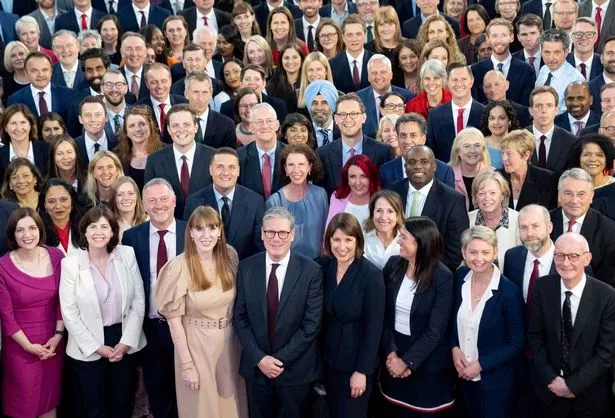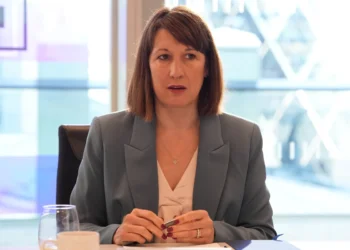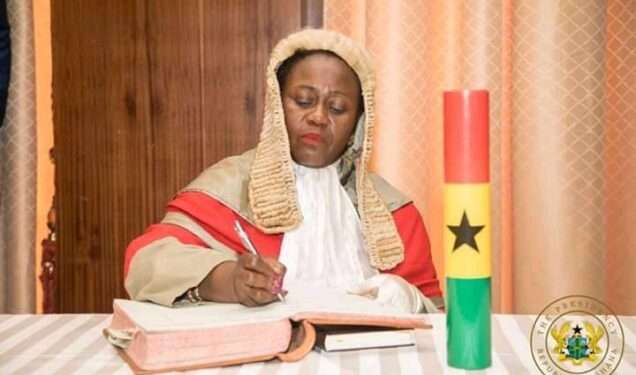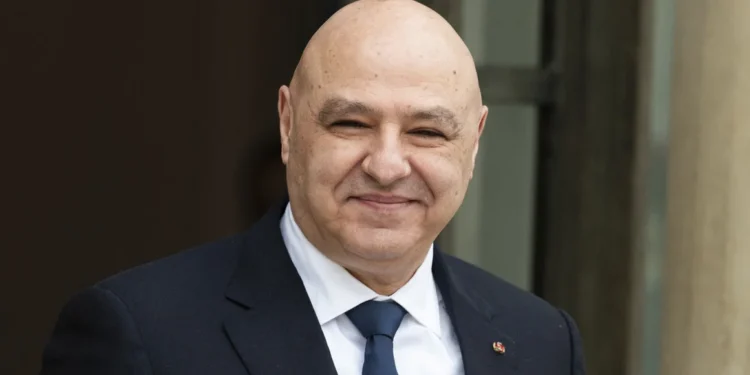Veteran Labour MPs are expressing frustration as a fresh wave of newly-elected colleagues vie for influential positions in Westminster.
The race to secure committee chair roles in justice, education, and housing has caused ripples among long-standing parliamentarians, who question newcomers’ readiness for such responsibilities.
Sources indicate that at least six new Labour MPs have made the shortlist for Wednesday’s all-party vote, which will determine who will chair key House of Commons select committees. Some candidates have already dropped out or reconsidered, but the competition remains fierce.
Among the more seasoned MPs, concerns are being raised about the approach taken by their newly-elected counterparts. Many believe the new arrivals are overstepping boundaries and breaking established parliamentary norms.
One veteran MP voiced disapproval, saying, “They need to do their time first,” while another criticized the newcomers’ confidence, asking, “How can you chair a select committee if you haven’t even been on one?” They added, “It’s so arrogant to think they already have the relevant experience.”
Despite the skepticism from some, a few of the new MPs have managed to avoid such backlash. Melanie Onn, running for the net-zero committee, and Gareth Snell, vying for the procedure committee, are returning MPs who previously served in parliament, which seems to have eased tensions with their more experienced colleagues.
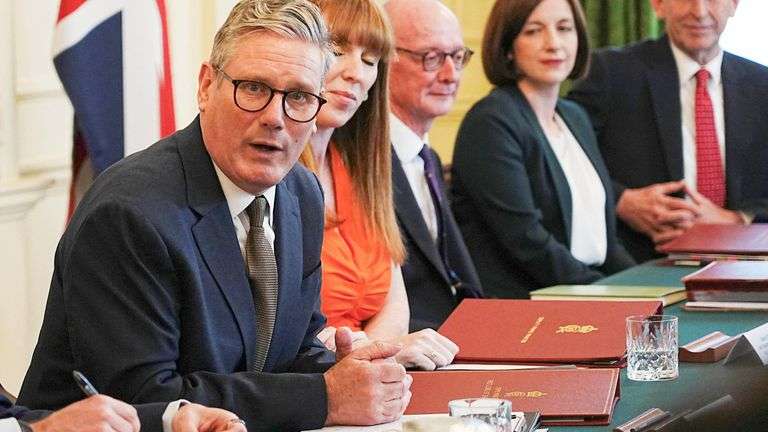
Fresh Faces Eye Crucial Roles
Gregor Poynton and Patricia Ferguson, both newly elected Scottish MPs, are competing to chair the Scottish Affairs Committee. Before Labour’s 2024 electoral gains, the party had only two MPs in Scotland, both of whom are now in ministerial positions.
With Labour expected to dominate select committee positions, veteran MPs are also positioning themselves for prominent roles. For instance, Emily Thornberry is set to chair the Foreign Affairs Committee, while Meg Hillier is poised to take on the Treasury Committee role, assuming they remain unopposed by Monday.
Other long-serving MPs, such as Helen Hayes (education), Sarah Champion (international development), and Liam Byrne (business), are also in the running for leadership roles on important committees.
Since 2010, these chair positions have required cross-party backing, following reforms that made the election process more competitive and transparent.
Select committees hold significant power in the British political landscape. They are responsible for scrutinizing the work of government departments and agencies, providing MPs a platform to hold ministers and senior civil servants accountable. This process is vital in ensuring the government’s operations are transparent and efficient.
Several new MPs, aside from Poynton and Ferguson, have thrown their hats in the ring for chair roles. Among them is Marie Tidball, a disability rights advocate and MP for Penistone and Stocksbridge, who hopes to secure the education committee chair. Mike Tapp, a former army officer and MP for Dover and Deal, is aiming to lead the justice committee.
Additionally, Norwich North MP Alice MacDonald, a former charity campaigner, is vying for the international development committee chair, while Shaun Davies, the MP for Telford and a former council leader, is competing for the housing and local government role.
While speculation swirls that party leadership, including Labour head Keir Starmer, is influencing these candidacies to ensure greater control, party insiders have denied such claims. They assert that the selection process is fair and that decisions will ultimately rest in the hands of MPs from across the political spectrum.

